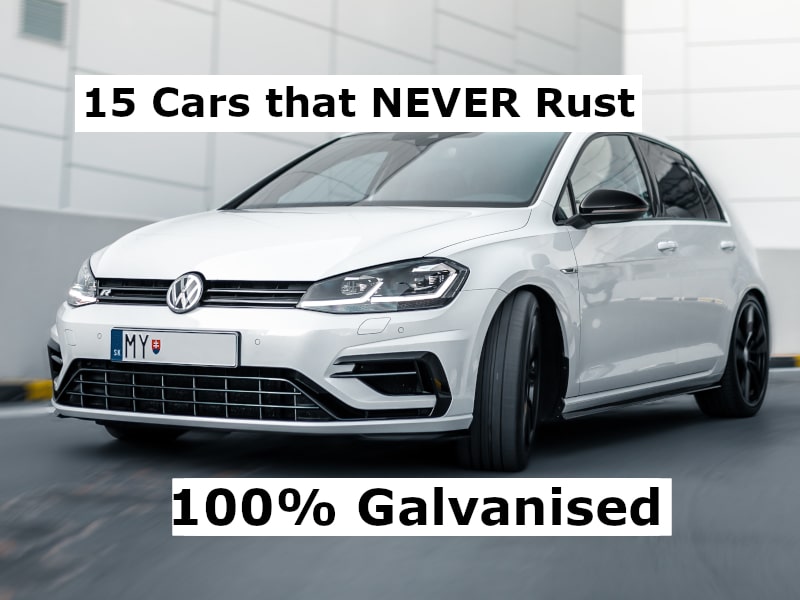All metals have a tendency to corrode. Ferrous metals are no different. Almost all car bodies are made up of these ferrous metals.
Moisture is a killer of them As soon as the car body comes in contact with moisture, it tends to get corroded. By corrosion, we mean the process of formation of iron oxides (rust) via oxidation reaction due to the presence of moisture on the metal surface.
In this article, we’ll cover the top 15 cars that don’t rust and 15 cars you should avoid buying due to their rusting problem.
How Galvanizing Protects Against Rusting?
There are a number of ways to make vehicles anti-corrosion and galvanizing is one of them. Galvanizing is the process in which metallic components are hot-dipped into molten zinc metal. In some cases, the zinc coating is applied by using the electroplating method as well. This layer of zinc inhibits the corrosion process. Due to which paint layers stay intact for a longer period.
Following are the 15 cars that never rust. They have shown excellent resistance against corrosion.
1. Renault Clio
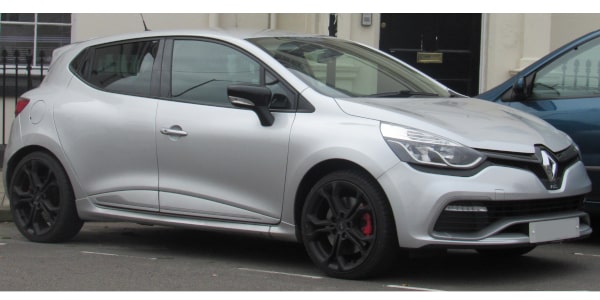
Renault cars are immune to rusting in general. Clio is a prime example of this. The car has been galvanized 100%. In addition to that, it has plastic wings with no chances of corrosion. According to a survey conducted by Swedish magazine, Renault Clio was the only car with a 0% corrosion percentage. No other car performed that well on the survey.
Also read: Are French Cars Reliable? 16 Things You Need to Know
2. Audi A3
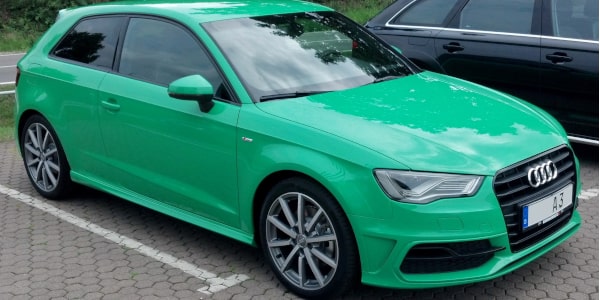
All Audi cars use galvanized steel in their construction. Audi A3 is no different. The car has extremely positive reviews about coating quality. Some critics claimed that Audi A3 has a rusting problem around roof rails, but this isn’t true. The car is completely galvanized and it doesn’t even have a spot of rust on its entire surface. Audi A3 comes with a 12-year paint warranty. This is a testament to the exquisite quality of coating on this car.
Also read: 10 Car Brands that Rust the Most (Don’t Buy Them)
3. Toyota Camry
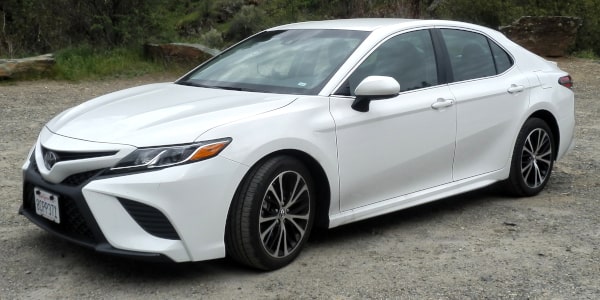
Toyota is the best-selling car in many countries. Toyota cars are known to be reliable, safe, and long-lasting. Though Japanese cars don’t have the best reputation of being corrosion resistant. Yet, Toyota Camry has beaten many German and Swedish cars to be on this list. Toyota Camry has a galvanized body and they are known to perform well in weather zones prone to corrosion.
4. Volkswagen Golf
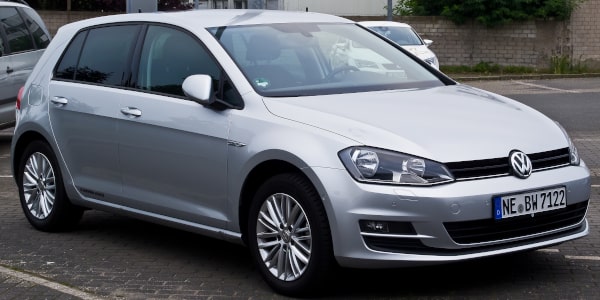
The German cars have taken lead in the department of exterior coating. Golf was a champion car for Volkswagen. The car was affordable and had decent performance. Volkswagen Golf has a blistering exterior that is highly resistant to rust. The older versions had slight issues of corrosion. But newer models are completely galvanized so there is no chance of rusting.
Also read: How Many Clear Coats on Car? (Explained)
5. BMW 3-Series
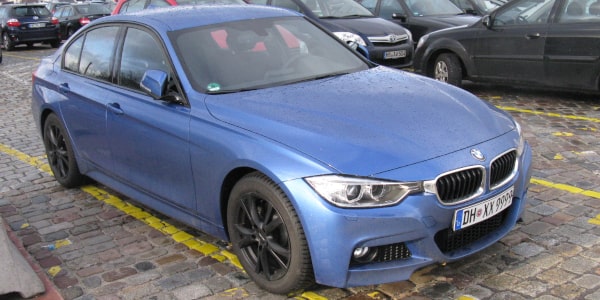
BMW 3-series has to pass through a comprehensive painting process. So, it is fully immune to rusting over the surface and underneath as well. The car has a highly clean exterior and has reported no rust issues, even in places that get the most snow during the winters. The paint of the BMW 3-Series will probably last the life span of your car.
Also read: 10 Best BMW Diesel Engines (and Cars That Use Them)
6. Volvo S40
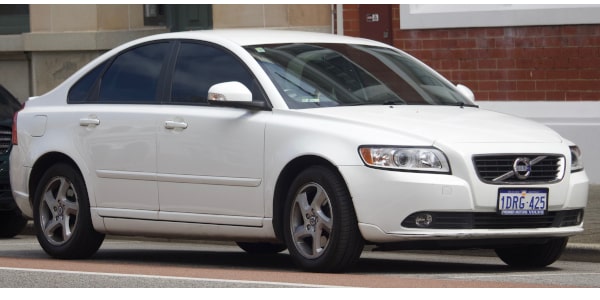
Volvo S40 has a pristine exterior and a classy interior. This car is reliable and free from all major issues. Volvo S40 is loved by many due to its low maintenance cost. It is completely galvanized so there are no chances of rusting. The protective layer of the Volvo S40 is sufficient to resist any peeling of paint. Unless you hit the car, there is no need to worry about the paint life.
7. Honda Civic
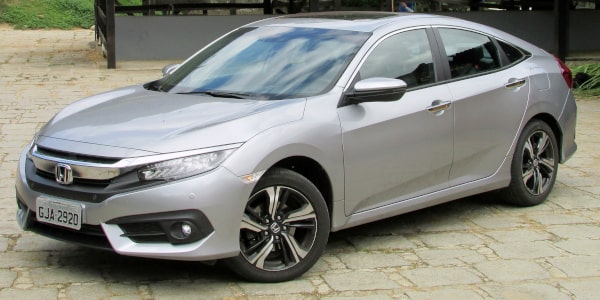
The chassis of all Honda cars are created in a single piece. All the body panels are made of hot-dip galvanized steel and aluminum alloys, which are highly resistant to rusting. Special chip-resistant paint is applied on the bottom of the Honda Civic to avoid rusting on the bottom panels. Hence, Honda Civic stays free from the harmful effects of weather at all costs.
8. Hyundai Elantra
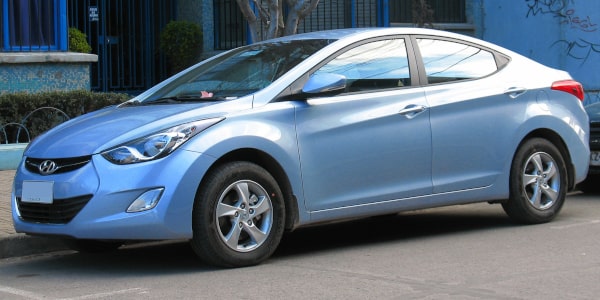
Hyundai is making big in the auto sector. The company is very concerned about the exterior integrity of its cars. Hyundai has recently set up a plant to produce galvanized sheets. These sheets will be used in the production of car bodies. The body of the Hyundai Elantra has been built by using such galvanized sheets, so the chances of rusting are very low.
9. Mercedes Benz A-Class
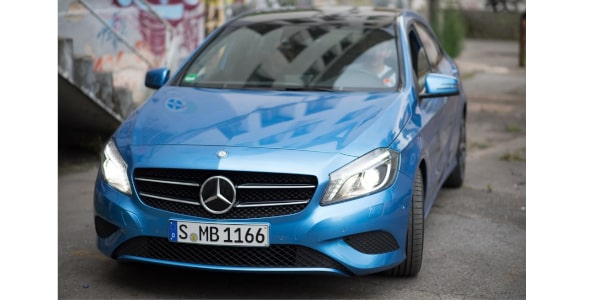
All Mercedes Benz, actually all German cars have a great reputation of being rust-free. Many suspicions have been raised regarding their reliability but even the critics of German cars admire their superior exterior. In particular, the protective coating on the Mercedes Benz A-class is not only attractive but effective also. With a fully galvanized body, A-Class has shown outstanding protection against corrosion.
Read it: 5 Serious Reasons Why Mercedes are so Expensive
10. Porsche 911
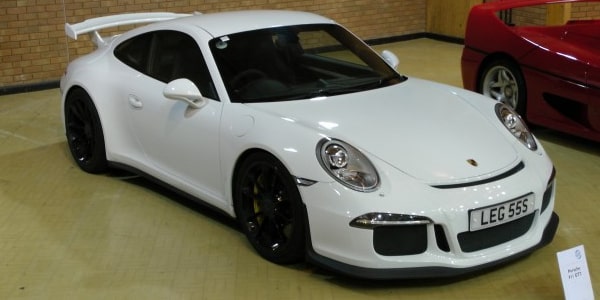
How we could have possibly missed Porsche 911 on this list? Porsche is the pioneer of using galvanized steel in the construction of cars. Porsche 911 was the first car in 1976 that was built on fully galvanized body panels. This enabled the company to give a 6-year rust protection warranty to its buyers. This warranty was further extended to 7 and then 8 years for upcoming models.
11. Hyundai Accent
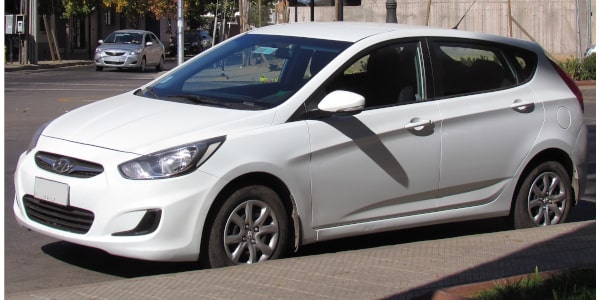
Japanese cars don’t have a great reputation for being rust-free. Since no salt is used to melt ice on roads in Japan. So, manufacturers don’t have to worry about the rusting issue. But Japan has a huge global market. In order to cater to these markets, the Japanese auto industry has raised its coating standard. Now, Hyundai is using fully galvanized steel body panels to make its cars. Hyundai Accent is one prime example of it. You can purchase this car without any fear of losing it to rust.
12. Kia Forte
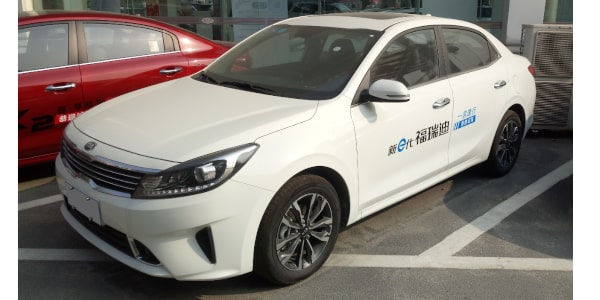
Kia Forte has been equipped will all gears of a modern-day car. It has an elegant and spacious cabin. It is laced with high-end features as well. The outer body of Kia Forte is made of 54% advanced high-strength steel. This advanced high-strength steel enhances its ability to fight against corrosion. Not only that, but it also helps in increasing the rigidity of Kia Forte. This has a positive impact on the crash performance of the car.
13. Lexus LS

The galvanized body panels of Lexus LS make it a rust-free car. You can use it in all-weather conditions and it won’t rust. In order to compete with others, Lexus LS uses special high-strength galvanized steel. This steel improves its corrosion resistance. In addition to that, it also reduces the curb weight of the car considerably.
Also read: Top 3 Best Lexus Under 25k (with Photos)
14. Honda Accord
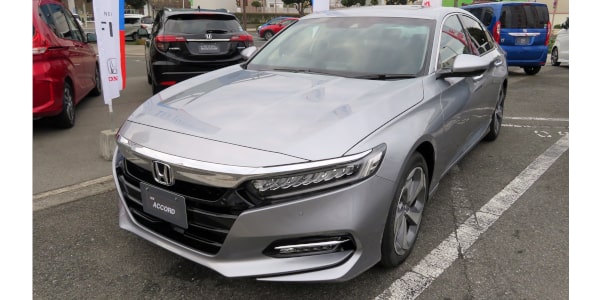
Extensive corrosion protection is added to Honda Accord while manufacturing. Splash guards and rocker panels are installed on the bottom of the car to prevent rusting over there. As a precautionary measure, body panels of the Honda Accord are joined with no spaces to avoid the trapping of water particles in between. Honda engineers ensure that their cars will stay safe from rust and corrosion for extended periods.
15. Volkswagen Jetta

Volkswagen is leading the auto industry in producing cars that are free from rust. The 12-year corrosion perforation limited warranty offered by the manufacturer stands testament to their confidence. Volkswagen Jetta is fully galvanized. It is also protected by a multi-layer paint system. So that even if the paint starts peeling off at a certain place, you have enough time to get it repaired before the body starts rusting.
Why Do Some Cars Rust and Some Don’t?
Some cars are more resistant to rust as compared to other due to the zinc coating on their exterior. Zinc coated or galvanized materials prohibits the oxidation reaction on car surface which doesn’t lead to products like ferrous oxide.
Another reason is the use of superior steel material in some cars. These steels have an in-built capacity to resist rust due to additives like zinc and magnesium.
Rusting of a car is primarily dependent upon the quality of its coating. If the exterior of a car has been coated with zinc of appropriate thickness then it won’t peel off or corrode quickly. Older cars are at higher risk of rusting because their zinc coating wears thin over the course of time.
It is true that mild steel contains less than 1% of carbon and primarily it is iron. But steel isn’t only carbon and iron. It has certain amounts of additives like manganese, silicon, phosphorous, and Sulphur. The quantity of these additives decides the quality and performance of steel. For example, an increase in the amount of manganese can have a positive impact on corrosion resistance. Hence, if such suitable alloys of steel are used in the construction of cars they have fewer chances of rusting.
Which Cars to Avoid if You Don’t Want to Have Rust Problems?
Though it isn’t fair to generalize but you should avoid American, Japanese, and French cars if you don’t want to have rust problems. These countries especially Japan have produced cars with superior coatings as well. Still, if you live in an area prone to corrosion or where salt is used to melt ice on roads, then you should avoid these cars.
In addition to this general advice, you must steer clear of any of the following models if you don’t want to have rust problems. These cars are rust buckets and corrode very rapidly. These cars include:
- Mazda 3
- Pontiac Wave
- Jeep TJ
- Ford Focus
- Ford Ka
- Nissan Altima
- Chevrolet Cobalt
- GMC Terrain
- Suzuki Swift
- Saturn Relay
- Jeep Wrangler
- Ford Explorer
- Nissan Sentra
- Chevrolet Aveo
- Buick Rendezvous
References:
davesbodyshop.com, comsol.com, hotcars.com, independent.co.uk, auto123.com, munstertyresandservicing.co.uk, quora.com, nature.com, korea1.ru, volvoforums.com, e90post.com, toyotanation.com, audi-sport.net, renaultforums.co.uk, vwvortex.com, media.daimler.com, asia.nikkei.com, repairerdrivennews.com, hondainfocenter.com, factorytwofour.com

